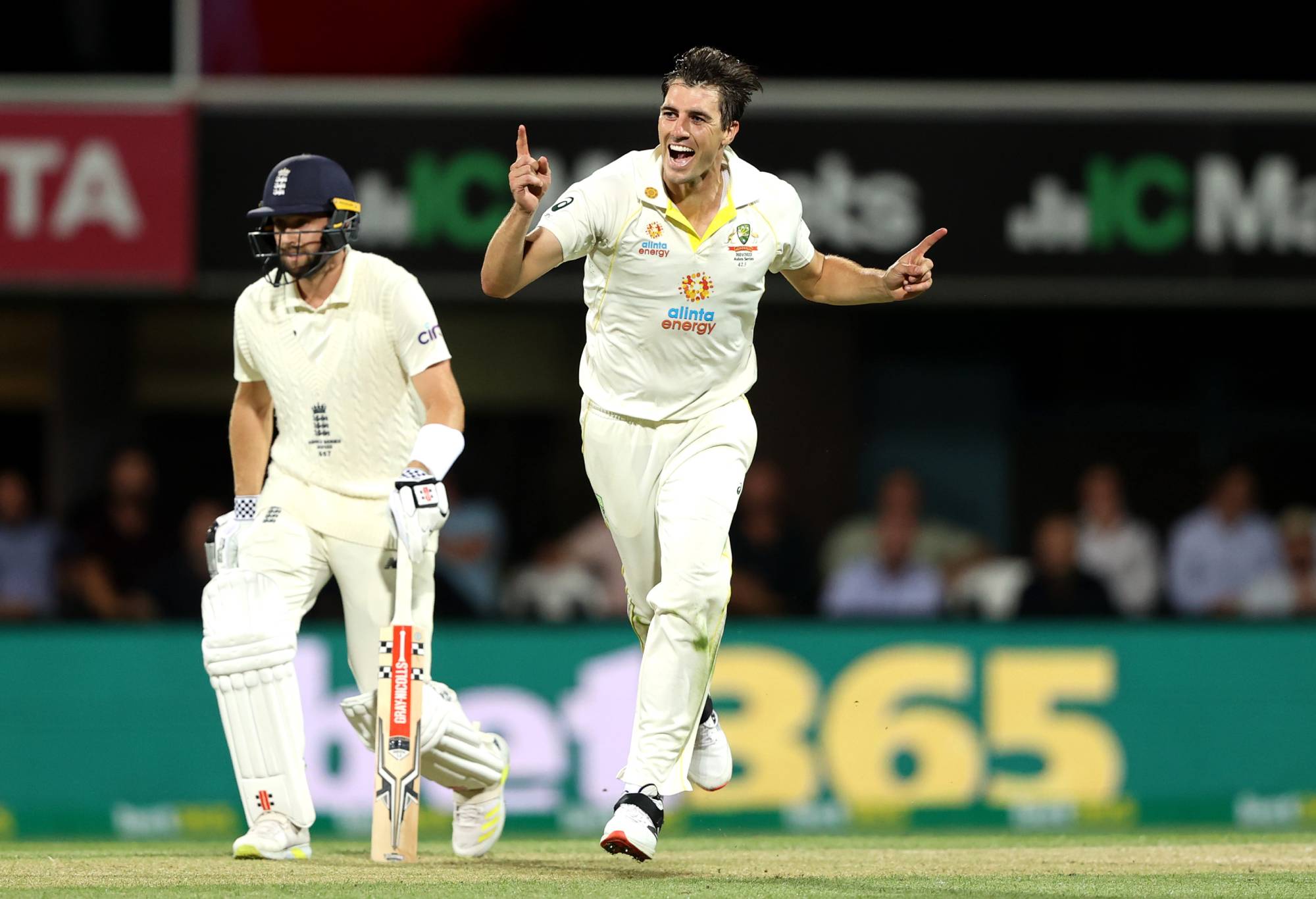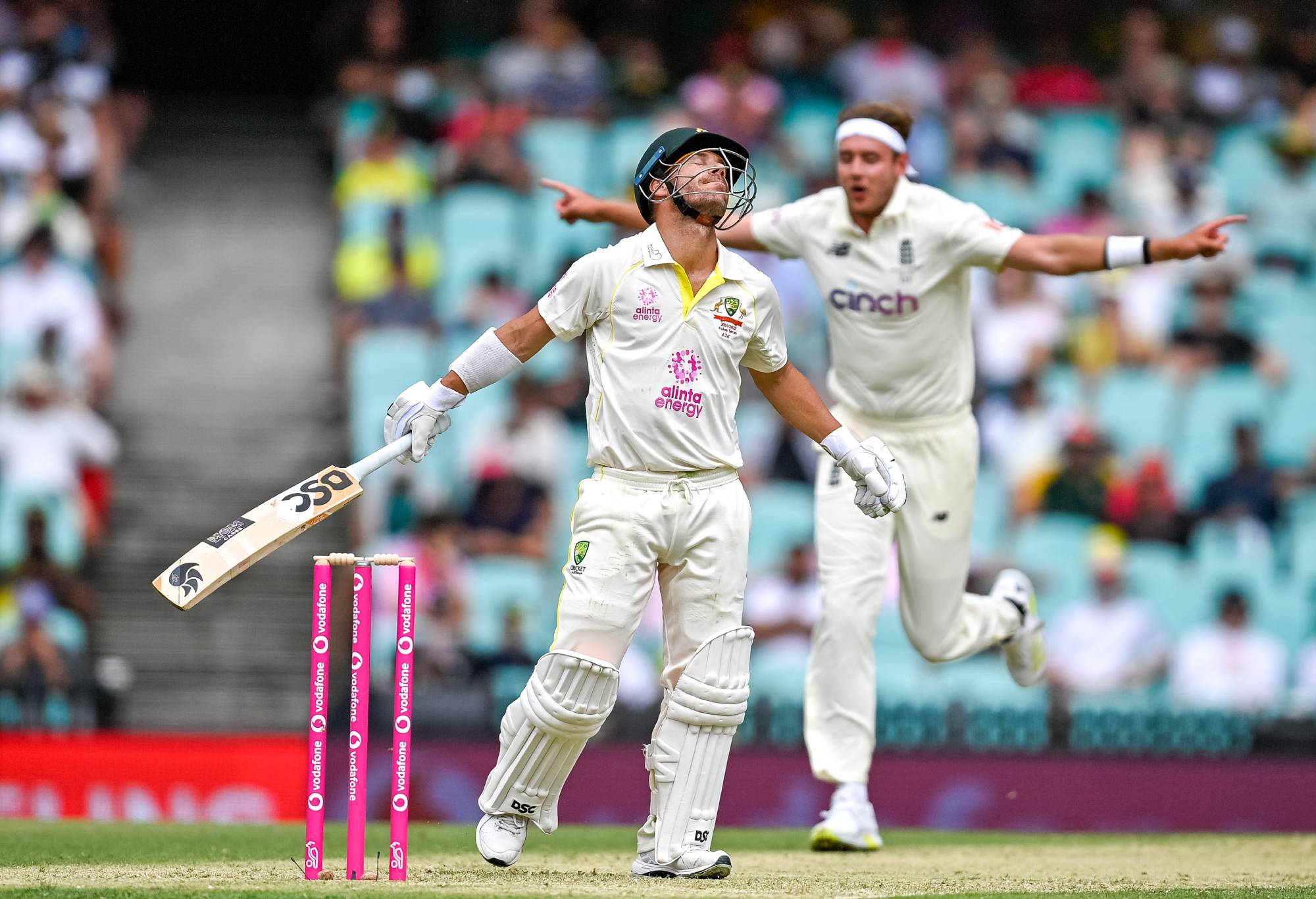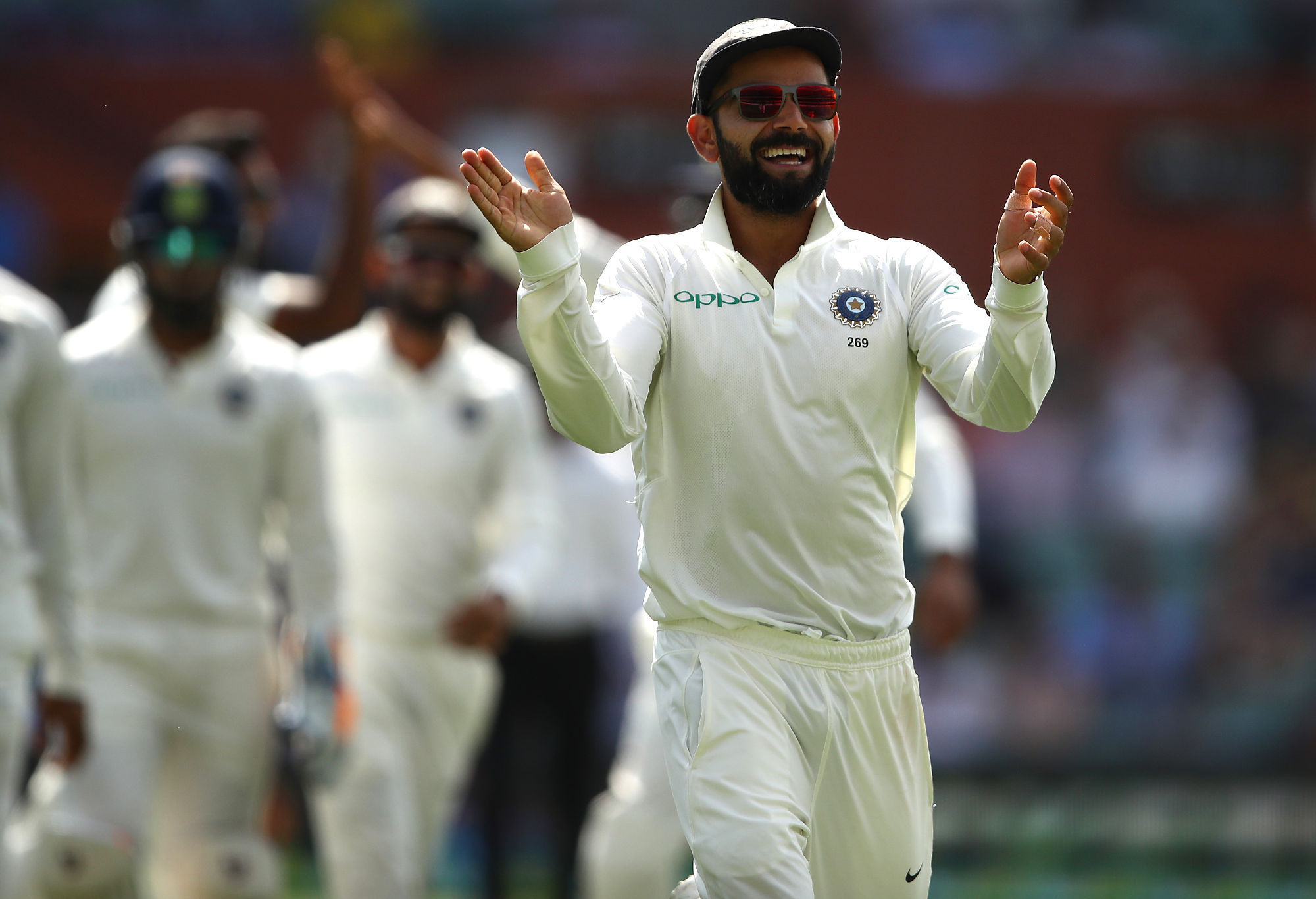
The global calendar for the next four years was released on Wednesday, with Australia signalling their intent for more cricket against England and India.
At least one of the two nations will tour for at least one format in most summers going forward, while Test series against India will extend to five matches.
Australia will also host the West Indies in back-to-back Test summers, with the men from the Caribbean to tour in December 2022/23 and January 2023/24 due to the ICC”s World Test Championship draw.
And a winter Test will also return in August 2026 against Afghanistan, while January will now be devoid of Australian men’s white-ball internationals to benefit the BBL.
But it is in 2026-27 where fans will notice the biggest change.
Australia will host New Zealand for a three-Test series over the traditional Christmas-New Year period before heading to India for five Tests in January and February.
The Australians will then return for two Tests against Bangladesh at home in March, which will clash with the start of the major football seasons.
Those matches will be the latest men’s Tests played in Australia since 1979, while it will also mark the first time Australia has played a red-ball match overseas in January since 1970.
“This is the potential trade-off because in other years we have an increased level of content against our major (visitors),” Cricket Australia’s head of operations Peter Roach told AAP.

(Photo by Robert Cianflone/Getty Images)
“It would be less complicated if we had four Tests against India because we could have squeezed another two Tests in before we left.
“With India that is the window they identified as their preferred, just as we identify our preferred as December-January.
“We need to commit to reciprocating. It’s different, but we also know it’s still cricket season.
“When you look at it in totality, it’s still a great summer of cricket.”
The change will create significant challenges for CA, given there will be a desire from each ground to host in the December-January period rather than March.
But Roach said each of the major venues will now host India Tests on future tours as one of the chief upsides.
“It will also create some opportunities for cricket to look at itself in a non-traditional way,” Roach said.

(Photo by Getty Images)
“This is still cricket season, every cricket competition around the country is still being played in March.
“It is still our season and we will make a fist of making those two Tests great.”
Meanwhile Australia have made a commitment to playing more white-ball series against Pakistan and Bangladesh, seeing both as the next big growing cricket economies.
On the whole there are less ODIs for the men, with just 15 scheduled in the next four years in Australia compared to the 12 that were initially set for this upcoming summer alone.
Also of note is the fact there are exactly five Tests in each home summer, meaning the likes of Hobart and Canberra will have to wait some time for their next Tests.

(Ryan Pierse/Getty Images)
AUSTRALIA’S NEXT FOUR YEARS OF CRICKET
MEN:
2023: June/July: England v Australia (5 Tests)
Sept: South Africa v Australia (5 ODIs, 3 T20s)
Sept: India v Australia (3 ODIs)
2023-24: Oct: ICC World Cup (India)
Nov/Dec: India v Australia (5 T20s)
Dec/Jan: Australia v Pakistan (3 Tests)
Jan/Feb: Australia v West Indies (2 Tests, 3 ODIs, 3 T20s)
Feb/March: New Zealand v Australia (2 Tests, 3 T20s)
2024: June: ICC World T20 (West Indies and USA)
Aug: Afghanistan v Australia (3 T20s)
Aug/Sept: Australia v Ireland (3 ODIs, 1 T20)
Sept: England v Australia (5 ODIs, 3T20s)
2024-25: Nov: Australia v Pakistan (3 ODIs, 3 T20s)
Dec/Jan: Australia v India (5 Tests)
Jan/Feb: Sri Lanka v Australia (2 Tests)
Feb/March: ICC ODI Champions Cup (Pakistan)
2025: June/July: West Indies v Australia (2 Tests, 3 ODIs, 3 T20s)
Aug: Australia v South Africa (3 ODIs, 3 T20s)
2025-26: Oct: New Zealand v Australia (3 T20s)
Oct/Nov: Australia v India (3 ODIs, 5 T20s)
Dec/Jan: Australia v England (5 Tests)
Feb: Pakistan v Australia (3 T20s)
Feb/March: ICC T20 World Cup (India and Sri Lanka)
March: Pakistan v Australia (3 ODIs)
2026:
June: Bangladesh v Australia (3 ODIs, 3 T20s)
Aug: Australia v Afghanistan (1 Test)
2026-27:
Sept/Oct: South Africa v Australia (3 Tests, 3 ODIs)
Nov/Dec: Australia v England (3 ODIs, 3 T20s)
Dec/Jan: Australia v New Zealand (3 Tests)
Jan/Feb: India v Australia (5 Tests)
March: Australia v Bangladesh (2 Tests)
WOMEN
2023:Feb: ICC T20 World Cup (South Africa)
June/July: England v Australia (1 Test, 3 ODIs, 3T20s)
July: Ireland v Australia (3 ODIs)
2023-24: Sept/Oct: Australia v West Indies (3 ODIs, 3 T20s)
Dec/Jan: India v Australia (1 Test, 3 ODIs, 3 T20s)
Jan/Feb: Australia v South Africa (1 Test, 3 ODIs, 3 T20s)
March: Bangladesh v Australia (3 ODIs, 3 T20s)
2024-25: Sept/Oct: ICC World T20 (Bangladesh)
Dec: Australia v India (3 ODIs)
Dec: New Zealand v Australia (3 ODIs)
Jan/Feb: Australia v England (1 Test, 3 ODIs, 3 T20s)
March: New Zealand v Australia (3 T20s)
2025-26: Sept/Oct: ICC ODI World Cup (India)
Jan/Feb: Australia v India (1 Test, 3 ODIs, 3 T20s)
March: Commonwealth Games (Australia)
* Men’s Future Tours Program runs until March 2027, Women’s FTP runs until March 2026.

Leave a Reply